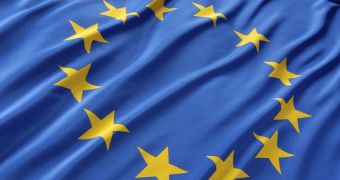The European Union officials involved in the investigation into NSA’s practices aren’t too impressed with the speech that Barack Obama gave on Friday regarding the reforms he had planned.
“We need the US authorities to put an end to current discrimination whereby European citizens have lower levels of privacy rights than US citizens, including less privacy protection in US courts. It would have been good to have a more reassuring message on these issues with more clarity on future reform,” said Claude Moraes, member of the European Parliament.
Moraes, who is the rapporteur for the European Parliament inquiry into the mass surveillance of EU citizens, believes that the speech delivered by Obama is a substantial step forward in addressing the serious concerns from EU member states regarding the spying.
“Whilst he has now recognized that there is a need for additional privacy protection in the US for EU citizens, his comments may not have been enough to restore confidence following the confusion and concern over surveillance and spying allegations in relation to EU citizens, EU member states, EU leaders and EU institutions,” he said.
Morales has further stated that they are seeking concrete assurance from the US that they will make the necessary reforms to guarantee European citizens that their data won’t be collected.
“The speech talked about the potential commercial consequences of the Edward Snowden disclosures on US companies many of whom are household names. For EU citizens the issue will be whether or not the President has done enough in the speech to restore the damage to the reputation of many major IT companies who suffered from allegations of collusion with NSA,” Moraes stated.
The comments come after the speech delivered by Barack Obama on Friday in which he promised to apply several reforms to the NSA mass surveillance programs. However, much to everyone’s disappointment, the changes won’t really affect the NSA’s activity too much.

 14 DAY TRIAL //
14 DAY TRIAL //